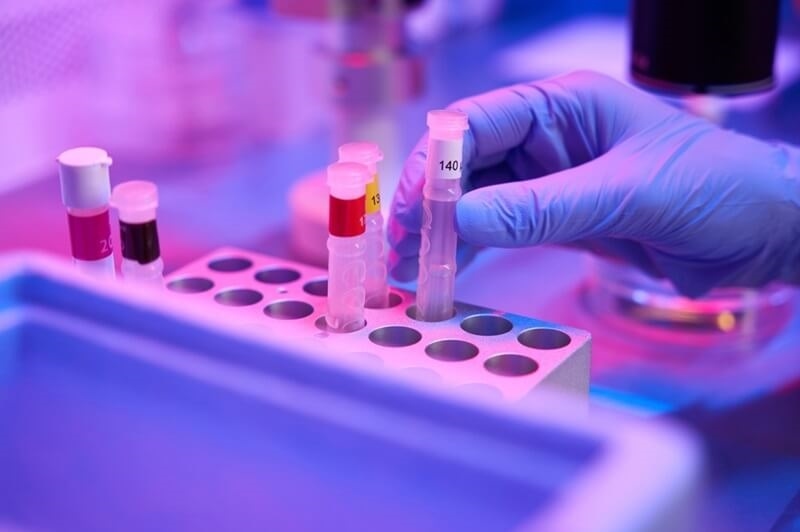
In recent years, egg freezing (or oocyte cryopreservation, or OCP) has become a potent tool for women seeking to preserve their fertility or to take control of their reproductive timeline. Egg freezing gives women hope to postpone motherhood, not only from a scientific point of view but also from a financial and emotional one. I’ve broken this down in this comprehensive guide about fertility preservation—the costs, the benefits, the success rates, and what you need to know.
Also known as oocyte cryopreservation, egg freezing accurately refers to the medical process by which a woman’s eggs are removed, frozen, and held for her use at a later point. With this new technology, women can maintain their ovarian reserve and preserve the ability to plan pregnancies at a time when they choose, as opposed to when their bodies command it.
The process takes the mature eggs, extracted from the ovaries, and freezes them using more advanced techniques, such as vitrification, before carefully thawing them back out. The rapid freezing method we use to preserve the eggs in this study is critical because it minimizes the formation of ice crystals, which would otherwise shorten the survival rate of the eggs during the thawing process.
Several factors can influence a woman’s decision to freeze her eggs, including:

The journey of egg freezing involves multiple steps:
Egg freezing can be a significant financial investment. The costs typically include:
Depending on your location and clinic, the total cost for one cycle of egg freezing, excluding storage fees, can range from $8,000 to $15,000. Some women may require multiple cycles to achieve the desired number of eggs.
Egg freezing offers several benefits:
The success of egg freezing depends on several factors:
About 85–90% of women's eggs survive thawing, and the chances of a successful pregnancy per cycle are 50–70 percent. These rates drop significantly for women over 40 because egg quality diminishes.
While egg freezing is a remarkable advancement in fertility preservation, it’s essential to understand its limitations and risks:
Selecting the right clinic is critical for a successful egg-freezing experience. Consider the following factors:
Eggs can be stored for years without significant deterioration in quality. When a woman decides to use her frozen eggs, they are thawed, fertilized with sperm in a laboratory, and implanted into the uterus via in-vitro fertilization (IVF).
Freezing your eggs is a personal decision that is nobody else’s business. Consulting a fertility specialist regarding your ovarian reserve, egg quality, and overall reproductive health can help you make an informed choice and clarify the situation.
But what about the emotional and psychological benefits of egg freezing? It’s a real relief that gives many women a sense of empowerment. But that can be stressful, too, mainly because of the uncertainties involved. If you find yourself on this journey, your support from counselors or support groups is invaluable.
However, because egg freezing is becoming more common, it raises important social and ethical questions. For example, the practice has added fuel to arguments that employers should pay for the procedure as a component of their healthcare benefits—especially for women who decide to delay motherhood to further their careers. There is also a concern about the access of this technology equitably to the most likely beneficiaries since the high costs limit this technology to many other women.
However, recent advances in cryopreservation have greatly improved egg-freezing results. The method of choice, vitrification, has transformed the process by reducing the risk of ice crystallization and improving egg survival rates. We continue researching optimizing ovarian stimulation protocols and thawing techniques to enhance collection and pregnancy rates.
For women considering fertility preservation, there is more to consider than egg freezing. However, alternatives include freezing embryos (fertilized eggs before freezing with sperm) and an experimental method to freeze ovarian tissue, which may be helpful for women who undergo extremely aggressive medical treatments. A specialist can help you understand these options and make informed decisions.
Today, many forward-thinking companies even offer egg freezing as an employment benefit. This trend highlights the increasing awareness of the need to preserve fertility. Insurance for fertility treatments is more common—though not universal. Also, women considering egg freezing should look into available financing and employer benefits.
Egg freezing is more than a scientific advancement; it symbolizes empowerment, offering the freedom to take control of one’s fertility journey. Understanding the costs, benefits, and success rates can help determine if fertility preservation is the right step for your future. As research and technology evolve, egg freezing remains a beacon of hope for women worldwide, providing the opportunity to align personal, professional, and reproductive goals.
This content was created by AI